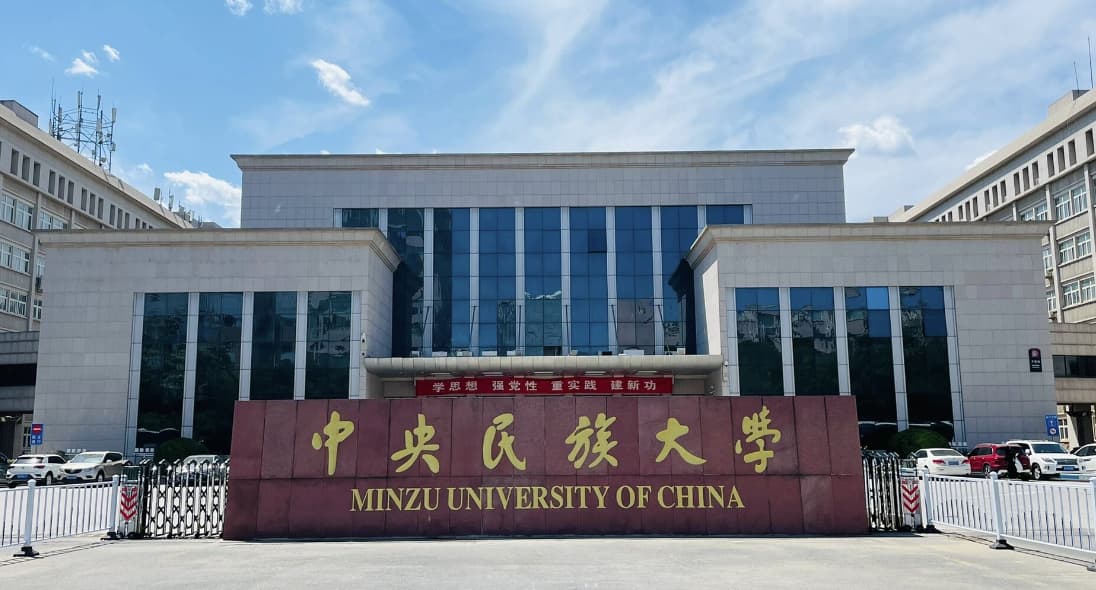考研英文面试核心问题深度解析与应对策略
在考研英文面试中,充分的准备和精准的表达至关重要。本栏目精选了3-5个常见英文面试问题,并提供了详尽的答案解析,帮助考生在面试中自信应对。这些问题涵盖了个人背景、学术能力、未来规划等多个维度,答案部分不仅给出了标准回答,还融入了口语化表达技巧,让考生能够自然流畅地展现自己。通过学习这些内容,考生可以提升英文沟通能力,增强面试竞争力。
问题一:Can you describe your research interests and why you chose this field?
在考研英文面试中,回答关于研究兴趣的问题时,考生需要清晰地表达自己对所选领域的热情和理解。以下是一个符合要求的答案示例:
My research interests lie in the field of artificial intelligence, particularly its applications in healthcare. I chose this field because I have always been fascinated by how technology can improve human lives. During my undergraduate studies, I had the opportunity to work on a project that used machine learning to predict patient outcomes. This experience solidified my passion for AI in healthcare. I believe that my background in computer science, combined with my interest in medicine, makes me well-suited to contribute to this field. Additionally, I am drawn to the interdisciplinary nature of AI, which allows me to collaborate with experts from various disciplines. I am particularly interested in exploring how AI can help in early diagnosis and personalized treatment plans. This aligns with my long-term goal of becoming a researcher who can make meaningful contributions to the field.
问题二:What are your strengths and weaknesses as a researcher?
在回答关于个人优缺点的问题时,考生需要展现自己的自我认知和成长潜力。以下是一个详细的答案示例:
As a researcher, I believe my greatest strength is my ability to think critically and solve complex problems. I enjoy delving deep into a topic and analyzing it from multiple perspectives. For example, during my undergraduate thesis, I had to tackle a challenging problem that required me to develop a new methodology. I was able to break down the problem into smaller parts, research existing literature, and eventually come up with a viable solution. This experience taught me the importance of perseverance and analytical thinking.
However, I also recognize that I can be overly perfectionistic at times, which can sometimes slow down my progress. I tend to spend too much time trying to perfect every detail, which can be counterproductive. To address this, I have been working on setting realistic deadlines for myself and focusing on completing tasks efficiently. I have also learned to accept that not everything will be perfect, and that progress is more important than perfection. I believe that by continuing to work on this aspect, I can become a more productive and effective researcher.
问题三:How do you plan to balance your academic studies with your personal life?
在回答关于如何平衡学业和个人生活的问题时,考生需要展现自己的时间管理能力和生活态度。以下是一个详细的答案示例:
Balancing academic studies with personal life is essential for maintaining overall well-being and ensuring academic success. One effective strategy I use is to create a detailed schedule that allocates specific time blocks for studying, research, and personal activities. This helps me stay organized and ensures that I have dedicated time for both my academic and personal responsibilities. For example, I might schedule specific hours for attending classes, working on research projects, and engaging in hobbies or social activities. This structured approach allows me to manage my time efficiently and avoid overcommitment.
Another important aspect is to set realistic goals and priorities. I understand that academic pursuits require significant time and effort, but I also believe in the importance of maintaining a healthy work-life balance. By setting achievable goals for each day or week, I can stay focused on my academic tasks without feeling overwhelmed. Additionally, I make sure to take breaks and engage in activities that help me relax and recharge. This could include exercise, reading, or spending time with friends and family. These breaks are crucial for maintaining mental and physical health, which ultimately enhances my ability to focus and perform well academically. Overall, by planning ahead, setting priorities, and taking care of myself, I am able to balance my academic studies with my personal life effectively.


.jpg)
.jpg)
.jpg)
.jpg)
.jpg)

.jpg)
.jpg)
